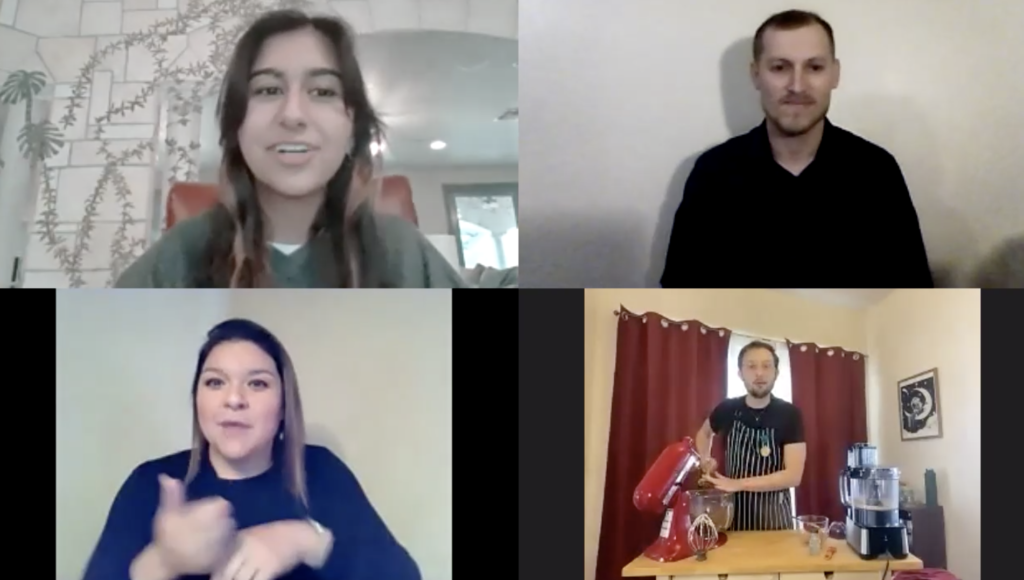Since moving to San Antonio, I’ve learned a lot about the glue that holds this city together. “Where did you go to high school,” devotion to H-E-B, explaining exactly how Austin’s breakfast tacos are worse (basically inedible!) all come to mind, along with the shared Community Vision that SA2020 has held through the last ten years and now carries into a new decade.
I’ve only known San Antonio’s shared Community Vision for a couple years, long after it was originally created by thousands of San Antonians in 2010, and long after much of the progress on the indicator most closely related to my work at Healthy Futures of Texas was made. If you’ve been to any SA2020 event, you’ve heard the story of the San Antonio Teen Pregnancy Prevention Collaborative – a group of organizations that built a clever, aggressive strategy to turn the curve on teen pregnancy in San Antonio. (You can learn more about this work with this short video.) And while the SATPPC, having morphed into a new and wider strategy, no longer exists in the form it once did, the work continues.
As a new decade brings the refined Community Vision for 2030, it also brings a new era for teen pregnancy prevention. To be more accurate, it brings an era of sex ed for all. Our field is changing. We’re moving away from the specific focus on the pregnancy indicator, and moving towards understanding sexual health is just one element of a person, an element that cannot be separated from the rest of one’s life.
Sexual health is about healthy relationships. Sexual health is about strong communities. Sexual health is about consent, and healthcare, and addressing systemic racism. It’s about how we relate to each other, and how we relate our parents and their values, and our faith or lack thereof.
This is something SA2020 seems to immediately grasp – I feel when I’m at SA2020 events that I couldn’t be anywhere more important to my work. The spaces that SA2020 builds encourage us to connect, to find where my work and yours are aimed in the same direction, and to follow that path where it leads.
When my young colleague Maya from our Youth Advocacy Council and I hosted our live bake along for The Collective, we got to live in that space in a new way. As I made the biscotti in my kitchen, Maya walked us through the recipe for sex ed for all and the next ten years of progress. Some of the ingredients? Caring adults who think about what they don’t know about sex, whether or not they’ve got kids of their own, because you never know when you’ll be the trusted adult in someone’s life. Access to quality, teen-friendly care. Great sex ed in our schools. Youth as co-leaders. And so much more!
Your work, whatever it is, needs sex ed for all. And sex ed for all needs your work. All the Community Indicators are connected, and we must push them all in the right direction. Imagine a city that is safer because everyone has learned consent and boundaries, what that could mean for walking home at night or taking the bus alone, how that could help improve school environments and businesses. The connections are all there if we look for them.
We’d love to build connections with you! Learn more about sex ed for all at my agency’s website hf-tx.org. At Healthy Futures of Texas, we are always available for partnership and collaboration. We’re ready to build with you.
If you participated in The Collective, you can also watch Maya’s and my session, as well as all of the other sessions, until February 28th on Whova. The Commemorative Report that documents the last decade of progress and challenges is available for purchase on the SA2020 store.

